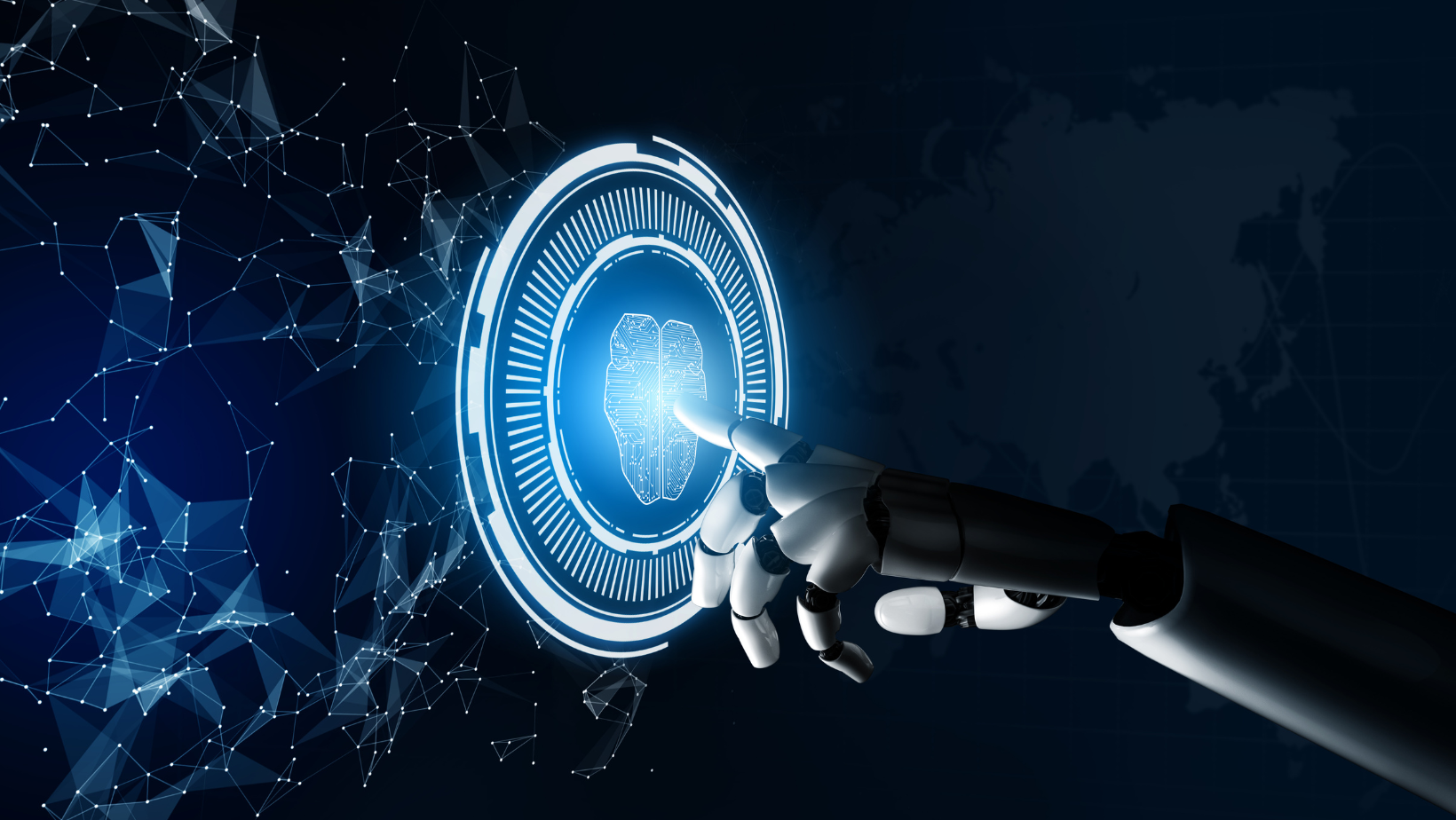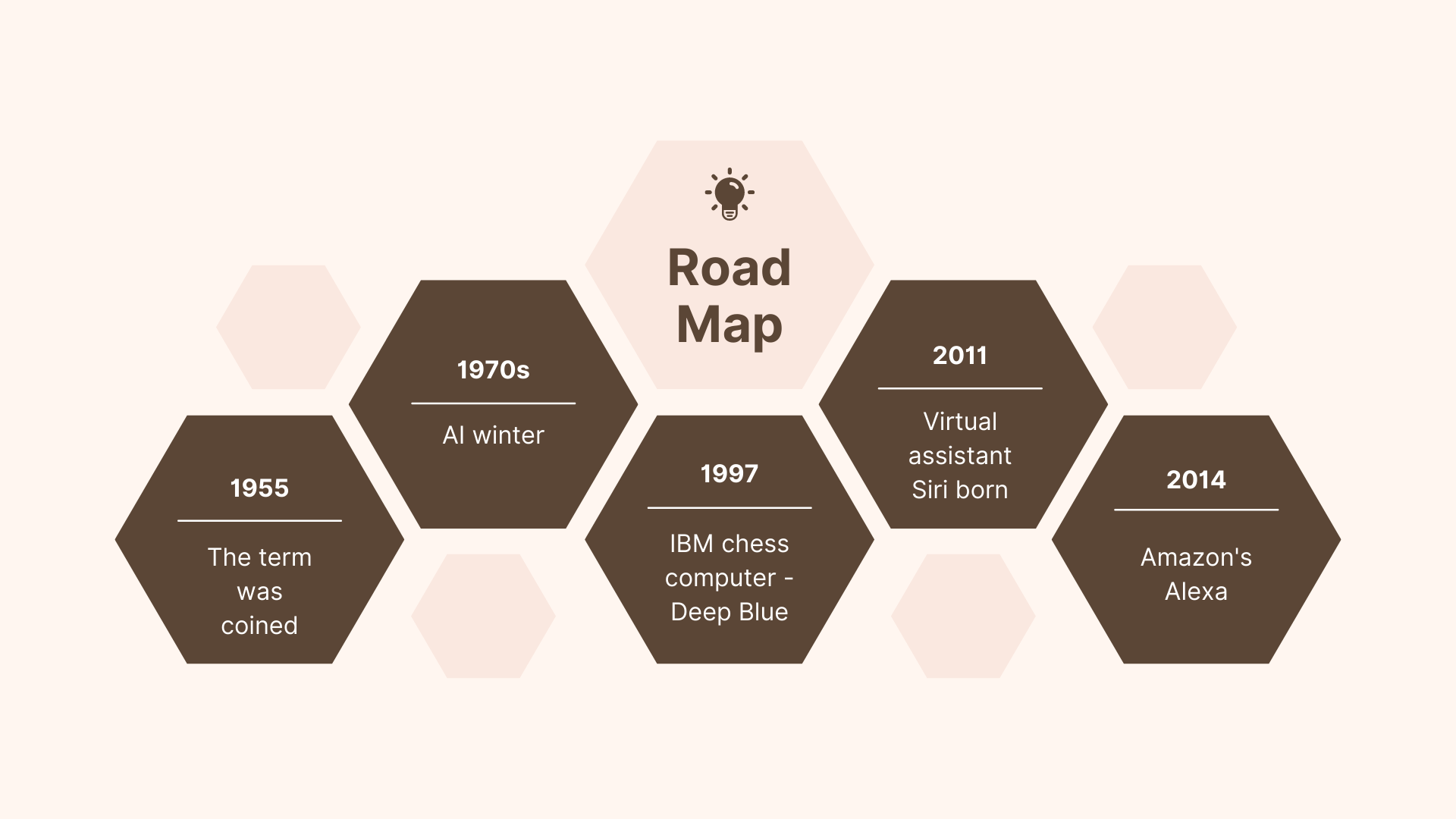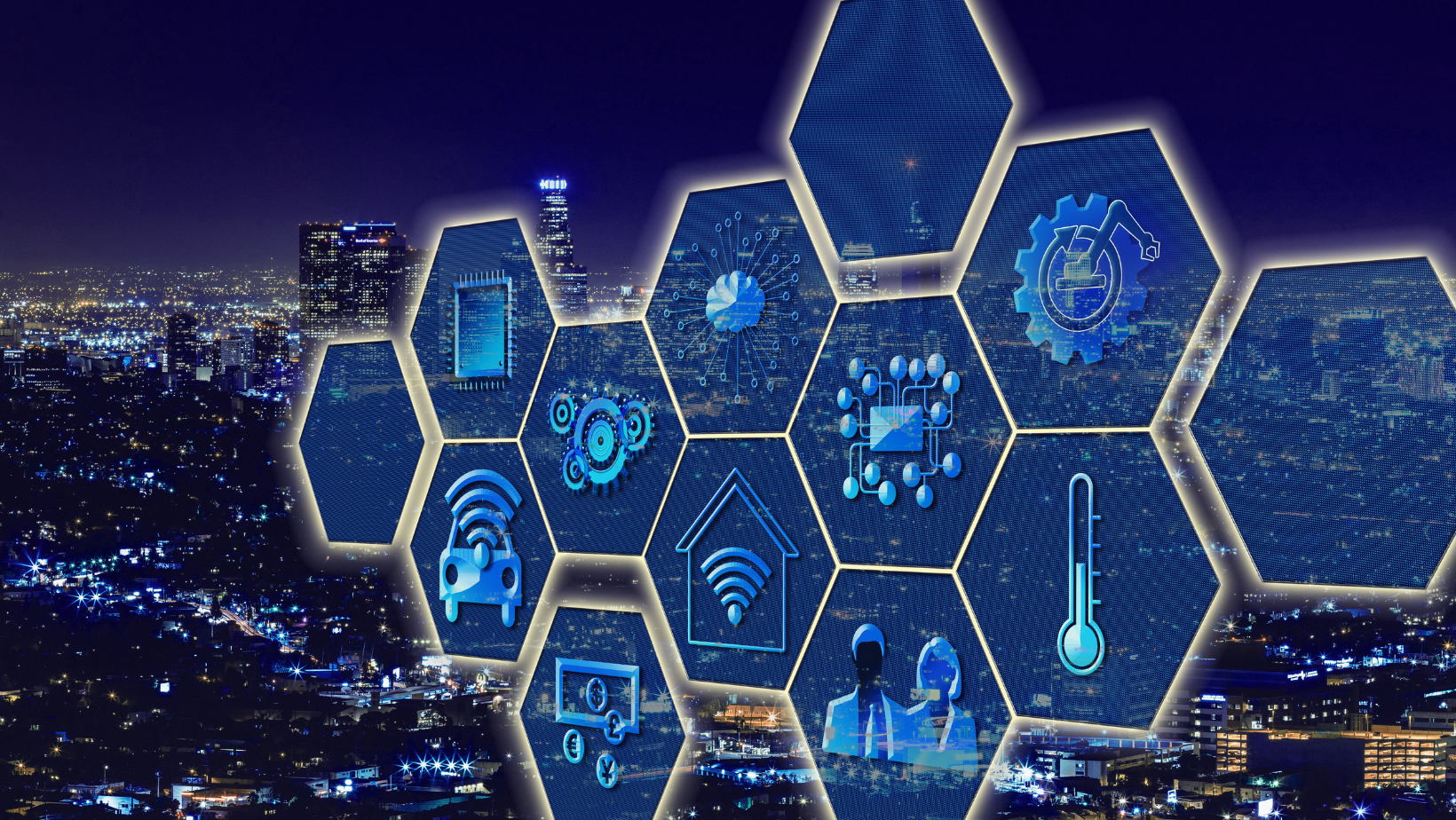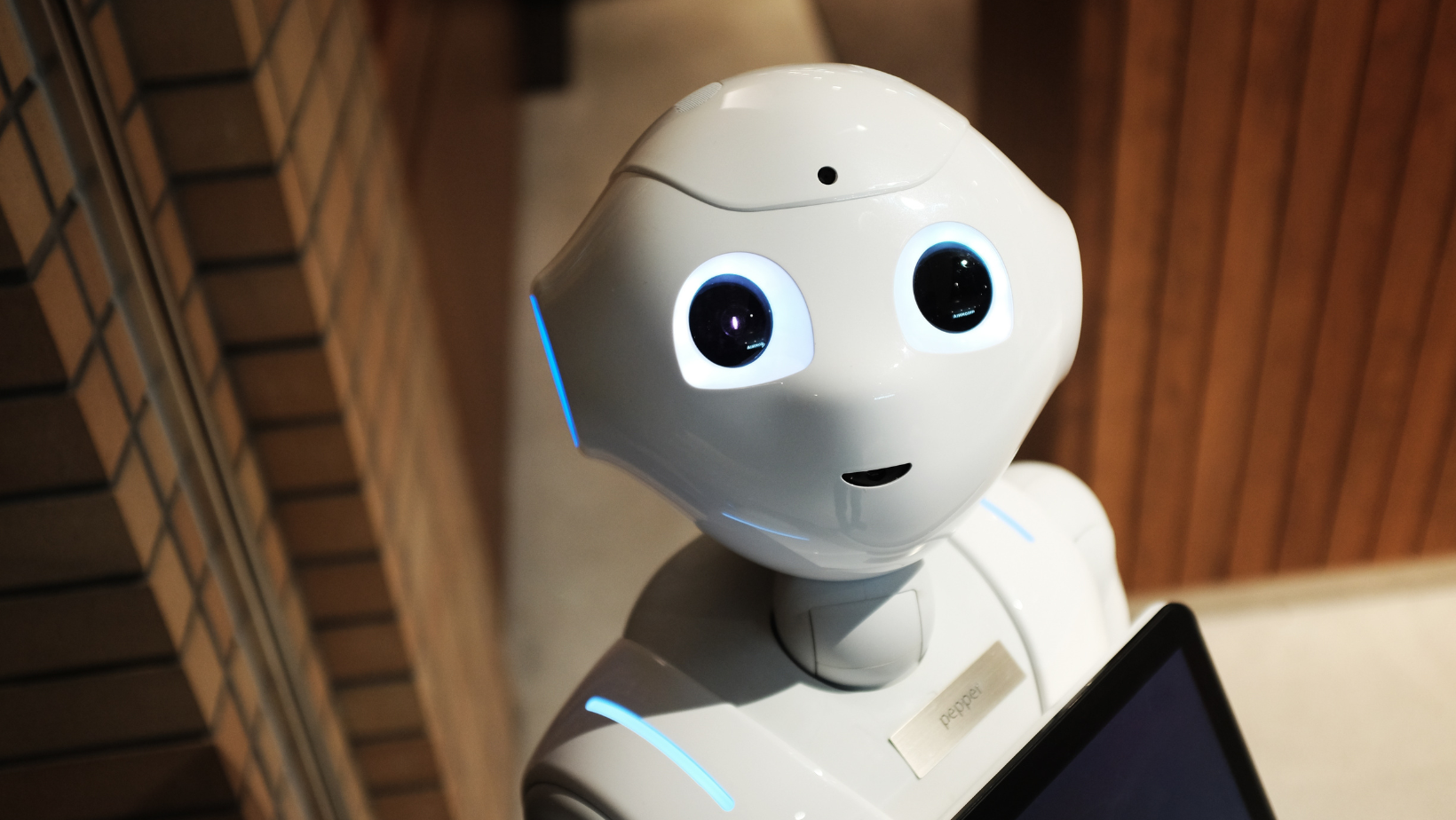Is AI the new electricity? Let's analyze how it is transforming the world

Sci-fi fantasies have long made us terrified of AI robots taking over the world. But, today, Artificial intelligence is a household term. We are now relying on AI more than we realize, and it is nothing but delightful. Alexa! Play some soulful music!
AI is being employed for image and voice identification and analysis, which is more reliable than human recognition. We just cannot ignore the opportunities it presents and implements.
AI is now so ingrained in everything we do. It has the potential to impact civilization significantly in the following years, just as electricity did in the past. It is creating an ocean of possibilities.
That is why we all agreed when Andrew Ng, co-founder of Coursera and an adjunct Stanford professor who founded the Google Brain Deep Learning Project, said, "AI is the new electricity." Since then, there have been numerous events that have proven his point. Virtual assistants are taking over our daily lives.
In its most basic form, AI is the basis for simulating human intelligence processes through developing and deploying algorithms embedded into a dynamic computing environment. Simply put, AI is an attempt to make computers think and act like humans.
The volume of data generated by humans and machines today greatly surpasses humans' ability to consume, comprehend, and make complex decisions based on that data. AI underpins all computer learning and represents the future of all smart decision-making.
With computational systems, data management and advanced AI algorithms, AI systems become smarter with each successive cycle of data processing since each action allows the system to test and form solutions and build expertise in the task it's been doing.
Amazon, Google, Apple, Microsoft and many other companies have used AI technology to great business advantage during the past decade. Many of the services we use today incorporate AI. The technology has also been able to influence a sizable portion of the stock market.
Where did it all begin?

The roots of current AI technology can be found in the attempts of classical philosophers to characterize human consciousness as a symbolic system. A few scientists from several disciplines discussed the viability of developing an artificial brain between the 1940s and 1950s. John McCarthy first used the term artificial intelligence back in 1955. McCarthy and other scientists organized the "Dartmouth Summer Research Project on Artificial Intelligence" conference in 1956. Prescriptive analytics was later developed as a result of this initiation, along with machine learning, deep learning, and predictive analytics. Data science, a completely new area of study, was also born out of it.
How is it impacting every sector?
AI is all around us. From guiding us to the nearest Mcdonald's to managing our OTT preferences, It's transforming the way we live.
In today's data-driven environment, a shared goal among businesses is to grow savvier—to adopt what's new and understand where market possibilities exist. Companies are achieving new efficiency levels in data analysis due to astounding breakthroughs in AI and its sub-segments, machine learning and deep learning.

AI enables companies to make better judgments, enhancing fundamental business processes by speeding up and improving the accuracy of strategic decision-making processes.
AI is widespread in many industries, not just tech. It is being used to fuel many existing industries such as automotive, biotechnology, data, education, finance, healthcare, the internet of things, and even entertainment and also has the potential to develop many new growth sectors. 90% of leading businesses already have ongoing investments in AI technologies.
Google's search algorithm predicted what a user would type next in the search box based on previous user data. Facebook leverages past user data to suggest the people and pages you may like automatically. They're all making our lives easier!
Consider the much-touted AI-assisted healthcare system application. In many respects, this disruptive technology is transforming the health sector. AI has improved patient outcomes while lowering costs in areas ranging from drug development to clinical research. Implementing this technology in healthcare promises easy access, affordability, and efficacy.
The future of AI
No, AI is the future. We've always pictured the future as having robot servants and self-driving cars. In that case, only AI has the power to bring about that future. Yes, it's all still far away.
Are you going to have a robot best buddy now? We can't promise that, but we are currently living in the midst of the biggest advances in human history. We have all the tools and techniques we've developed over the last thousand years to simplify human effort and assist us in making better decisions.
Electricity revolutionized everything for every sector of society and economy, propelling it to the next phase of evolution. And now, in a world where we believe we have reached the height of technical achievement, artificial intelligence (AI) is ushering in a whole new era of transformation. It is a ground-breaking technology that will drastically alter how we live our lives, hopefully eradicating conflict, inequity, and human misery.

With AI's growing adoption, machine learning is the latest buzzword spreading across the business landscape. Machine learning has made our lives easier and more accessible and has numerous applications in modern lifestyles and business. Machine learning is everywhere, be it the product recommendations we get on social media or the image recognition feature that ensures the safety of our data. Furthermore, the Financial sector is now using the technology to help prevent fraud and protect accounts from hackers, analyze sentiments, keep track of portfolios and more.
Organizations all across the world are developing ground-breaking advancements in AI and machine learning. It is not only shaping the future of every industry and every human being but is also the primary driver of developing technologies such as big data, robotics, and IoT. Given its current growth rate, it will continue to be a technical innovator for the foreseeable future.